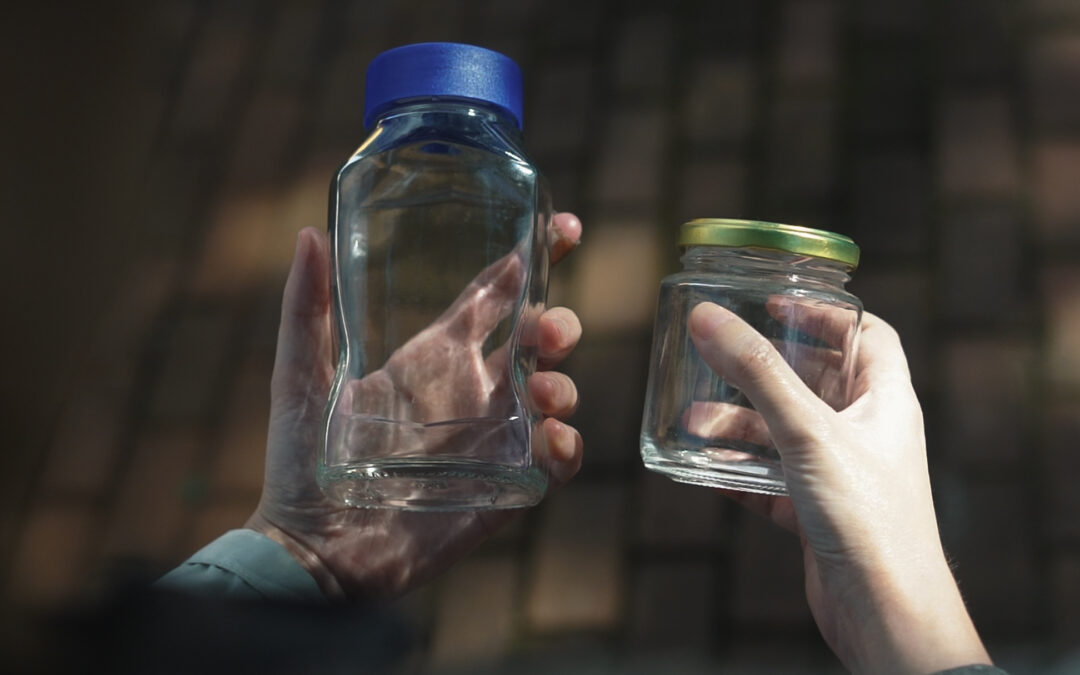© WWF-Paraguay
Jointly with the WWF Paraguay Volunteer Network, Future Food Together has been promoting recycling systems in Paraguay. At first, glass containers were collected and distributed to producers to market their products at organic fairs. A workshop on organic composting was also organized, and a composting facility was installed. Our Paraguayan project team has been working with producers in Yaguarón Municipality since 2020.
Youth from across the country are part of the WWF Paraguay Volunteer Network. The Network launched a consumer campaign to collect used glass containers, and our Future Food Together project team promoted the action on social media channels, supported the collection of containers in the WWF office in Asuncion and facilitated the transport to Yaguaron. The Association of Fairs of Yaguarón (AFERY) could then distribute the glass containers among organic producers, who were selling their products at the eco fairs. By promoting this storage system, wastage of resources and also of food can be avoided: fruits and vegetables that are no longer fresh can be used to make jams and sauces, providing an additional source of income for producers.
© WWF-Paraguay
Recycling in Paraguay
In Asuncion metropolitan area, it is estimated that only 2% of recyclable waste is actually recycled. Very little waste is separated both at homes and businesses. Furthermore, the limited amount of waste that is recycled is typically exported, losing out on opportunities to add value to regional industries. There is no recycling system in place for glass containers in the country. Some businesses are even importing recycled glass.
For producers, this poses challenges in terms of preserving their organic products. In some cases, this means that plastic containers have to be used, but plastic packaging is not only more harmful to the environment, it is also more costly in the long run. Therefore, the use of glass containers is an important step towards a more sustainable recycling system. Numerous advantages come from recycling glass, including a decrease in raw material extraction, energy savings, and quality preservation because glass retains its purity and maintains its quality when recycled.
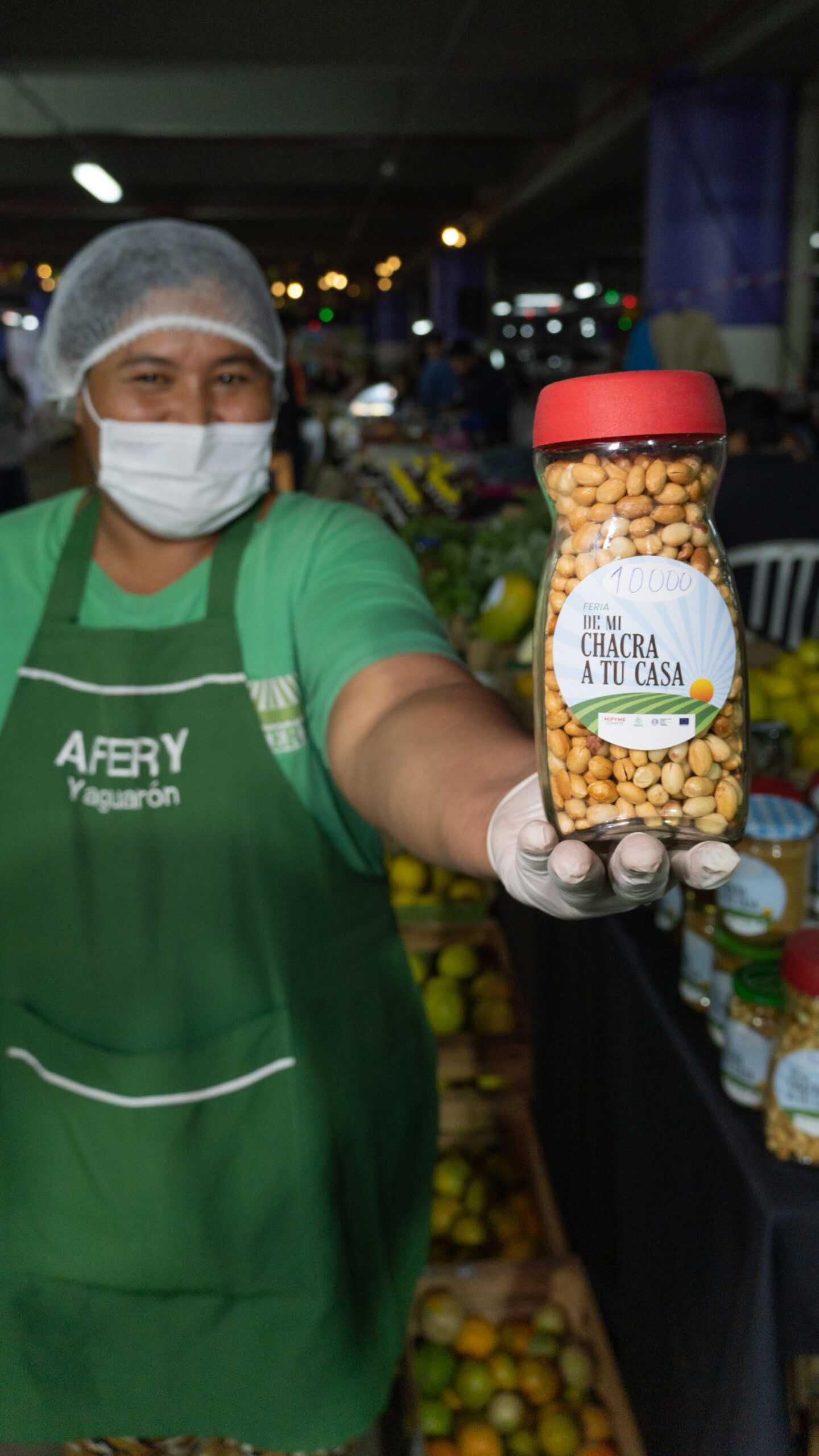
© WWF-Paraguay
Due to the success of the campaign, both in terms of the great response from consumers and the benefits of the collected glass containers for producers, the campaign was repeated
Future Food Together cotton bags
Future Food Together cotton bags have been designed, taking up feedback from producers on what size would be the most useful. The shopping bags are made from cotton fabric produced locally by a small company. These bags were provided to AFERY members so that they no longer need to use plastic bags. Customers receive a reusable cotton bag for their purchase, which is an incentive for them to shop at the AFERY booth.
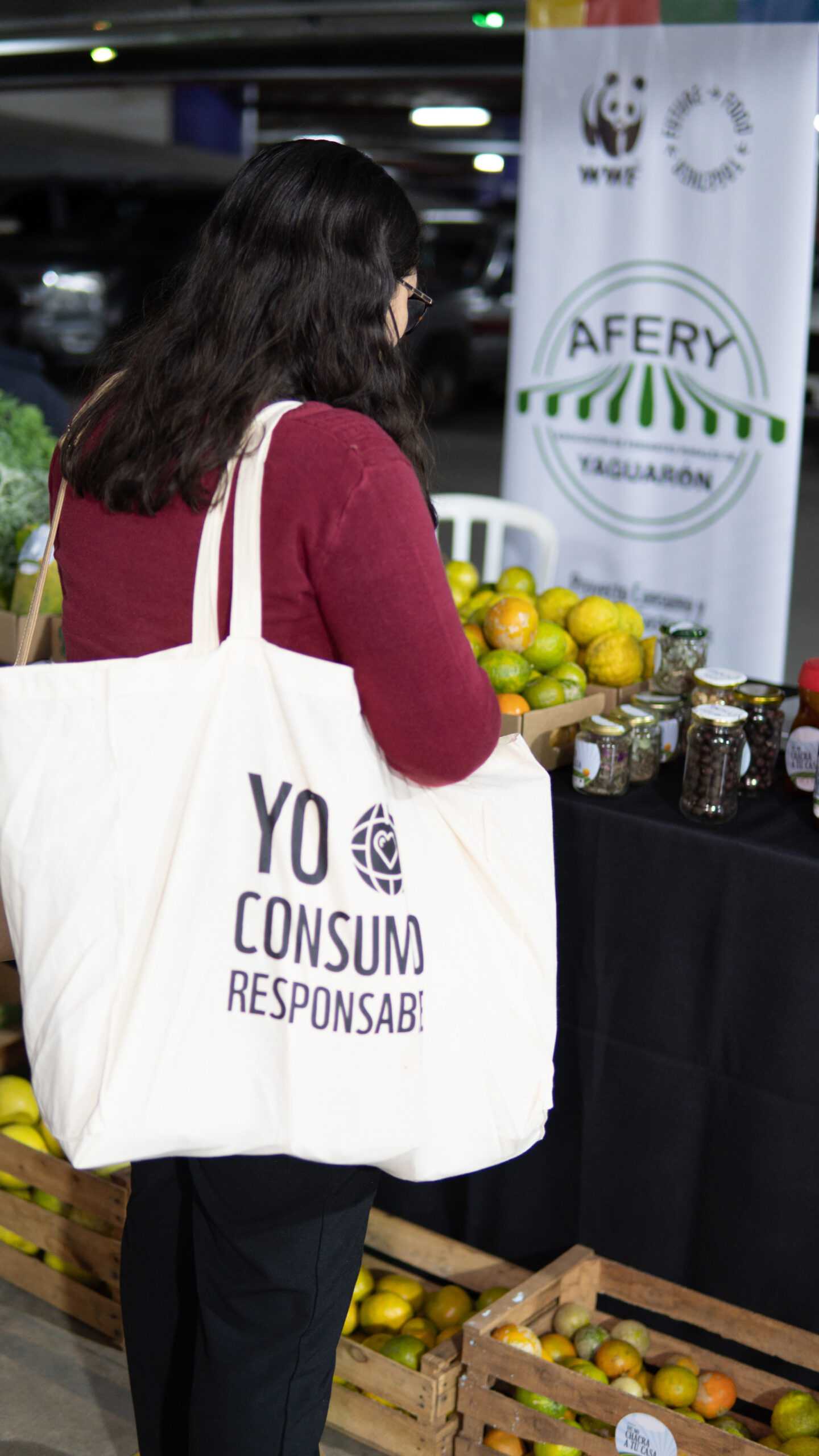
© WWF-Paraguay
Composting Facility
The women of Yaguarón are now also producers of organic compost and have officially received certificates after having undergone a composting training, which was organized jointly with Yaguarón Municipality. Participating farmers can now save money because they no longer have to buy compost and can put their organic waste to good use. In addition, a compost garbage can was installed in the municipality of Yaguarón to promote the separation of organic and non-organic waste, reduce waste pressure and increase recycling awareness among people who frequent the public buildings.
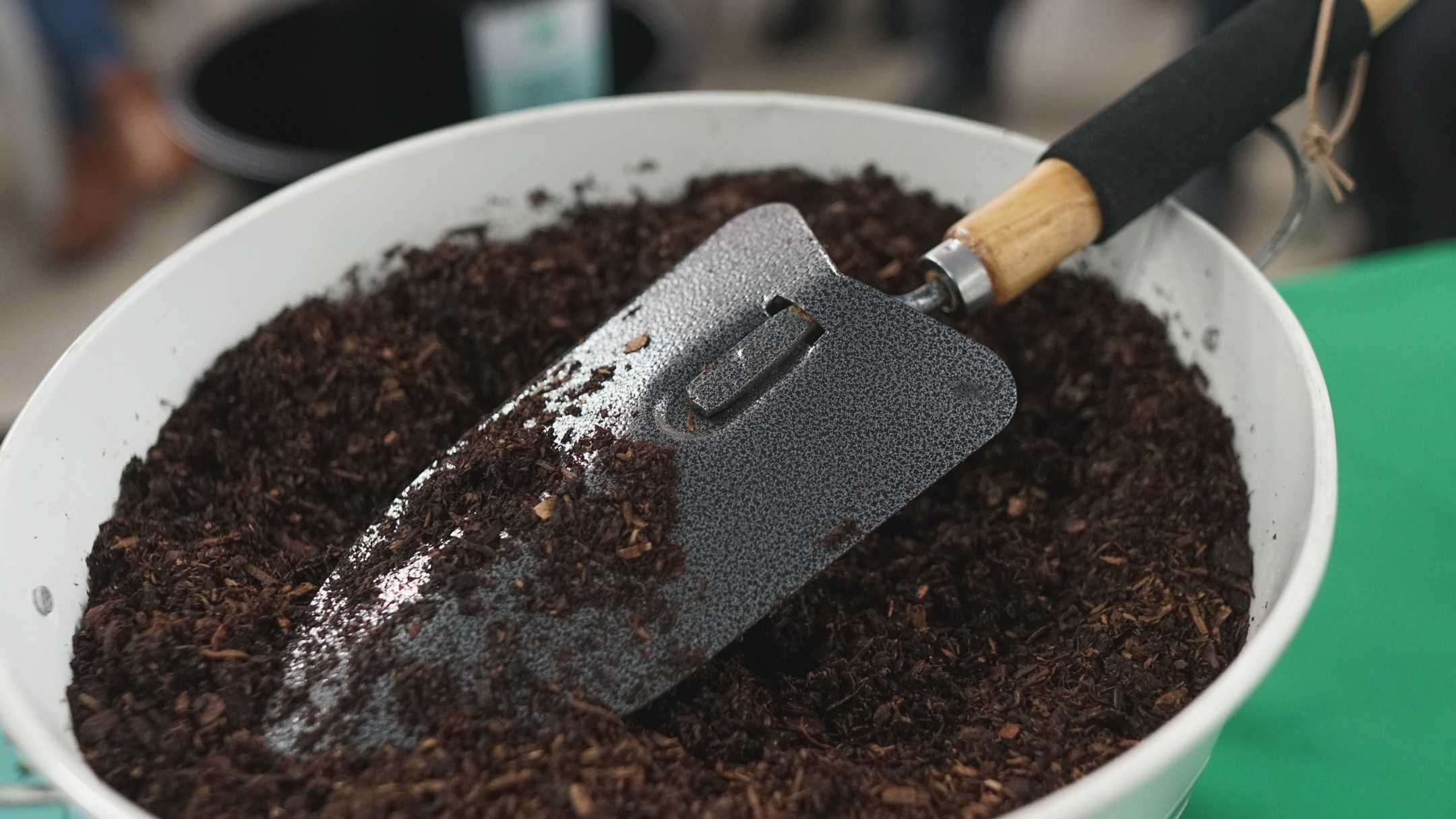
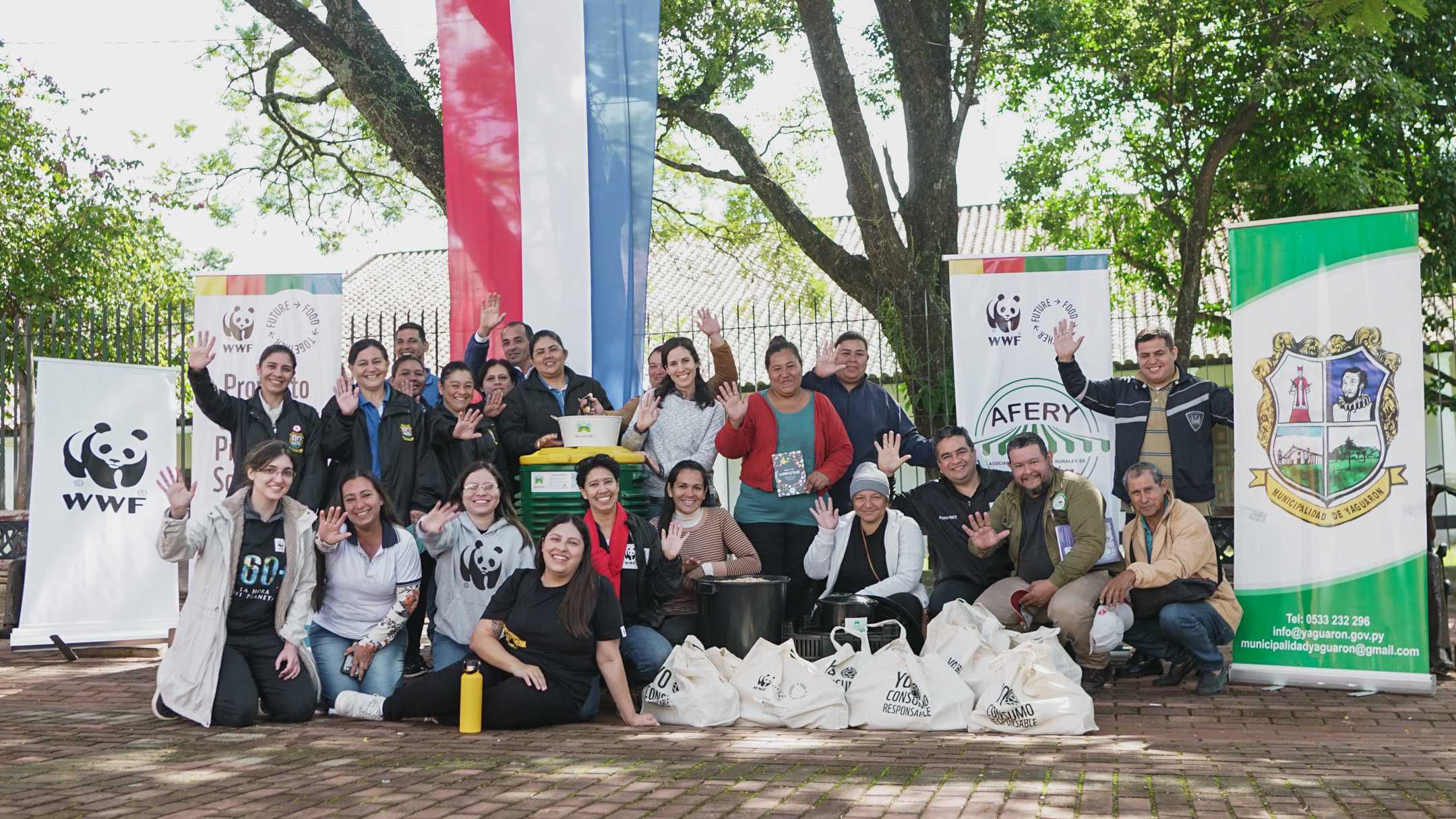
© WWF-Paraguay
Find out more about or work in Paraguay here:

